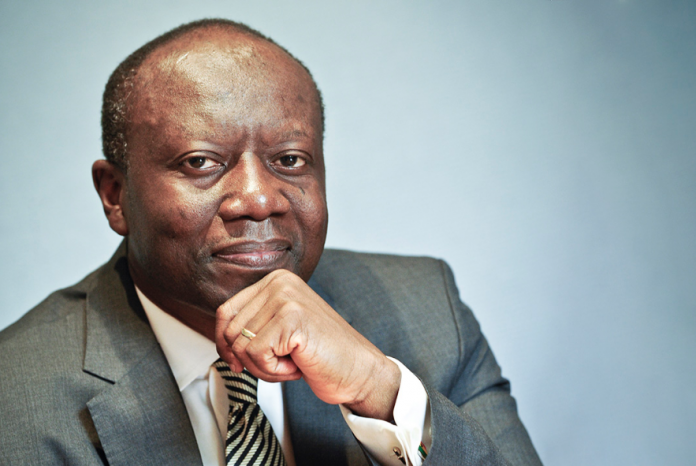The Government has been asked to critically evaluate and monitor the repatriation of income by foreign companies operating in Ghana and investigate the flow of income by religious organisations.
It must also put in place measures to regulate monies sent out of the country by wealthy individuals through the payment of school fees, hospital bills and other essential services. Dr Joseph Obeng, Trade Unionist, DrAbdallah Ali-Nakyea, Tax Analyst and Mr Bernard Anaba, a Policy Analyst with the Integrated Social Development Centre (ISODEC), said that the above measures would help in shoring up the country’s reserves and contain the continuous depreciation of the local currency (the Cedi).
They said this in separate interviews with the Ghana News Agency on the back of the recent fall of the Cedi.
The 2022 Monetary Policy Report by the Bank of Ghana (BoG) indicated that the Cedi depreciated by 4.1 percent and 3.1 percent against the US Dollar and Pound Sterling, respectively, on a year-to-date basis (in 2021).
The Central Bank noted that the cedi was less volatile during the first 13 transaction days in 2022 compared to the same period from 2017-2019. Checks by GNA at some forex bureaus and commercial banks showed that a dollar was being bought between GH₵6.85-₵7, and sold between GH₵7 and GH₵7.05.
Against this background, DrObeng, President of the Ghana Union of Traders Association (GUTA), said it had become necessary for the government to evaluate the way funds in churches moved.
He said: “You cannot take away the role of churches in commanding money in this era. So you have to see how the income of the churches move and if they’re not turning up to productivity like farming then we have to be able to look at where these monies are going.”
He added that: “There shouldn’t be control over their monies, but we should be able to find where the flow of this money goes. Not the churches alone, but we have to open our minds to anything that’s driving the demand (for the dollar) including payment of school fees and hospital bills abroad.”
Dr Ali-Nakyea said one factor accounting for the fall of the Cedi was high demand of the dollar, which had seen exchange rate (the price for the foreign currency) depreciating.
He indicated that: “When that starts, aside those who are transferring, other businesses then panic so, you’ll find a panic buying of the foreign currency because people would now prefer to hold their value in foreign currency than the Cedi.”
He said: “…once the Central Bank is also not able to supply the demand for the foreign exchange, then they start seeking for it elsewhere, and that’s where the forex bureaus and the black market shoot up the rate because you can get it, but at an higher price, and all that keep flaring up the exchange rate, and depreciates the Cedi.” On the monitoring the inflows of religious organisations, Dr Ali-Nakyea said: “There’s no reasoning in asking churches to pay taxes on their main sources of revenue, which are the tithes and offering.”
He, however, added that: “The church may also do fund raising to expand its building or to do its outreach evangelism programmes. By monitoring and evaluation, we’ll be able to know whether indeed, all what was raised was expended for the purpose for which the church was established. If not, then we can deem that any unaccounted-for money is business income and tax them.”
He said it was important for the government and other regulatory bodies to effectively monitor and enforce laws that governed the sector, by ensuring that sources of money were known, and taxes required paid.
For his part, MrAnaba said: “While we campaign that churches and other religious organisations should be taxed and government gets the money into development, it is the same way we should be concerned that even when the government gets the money it goes to the right places.” -GNA


